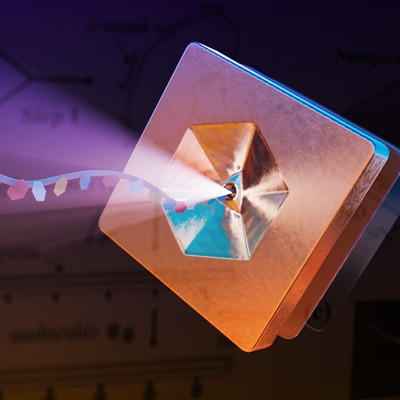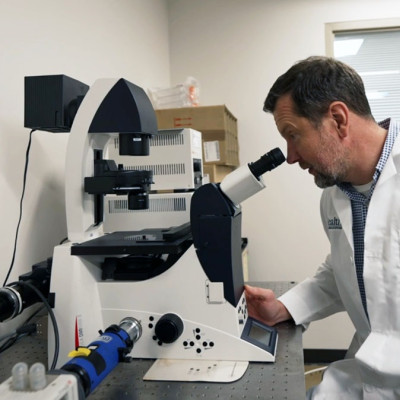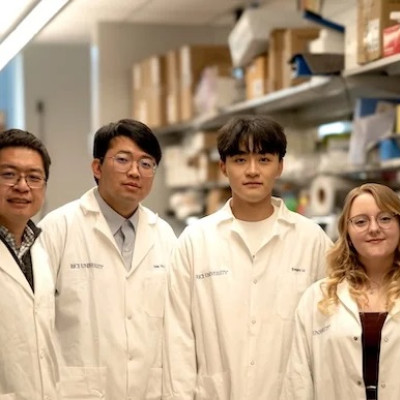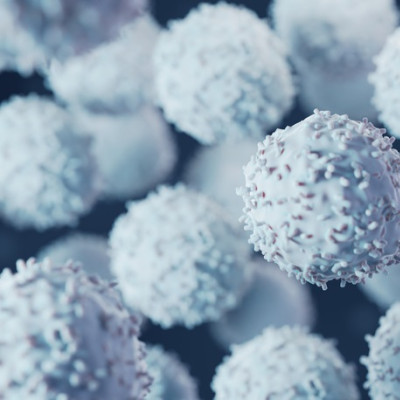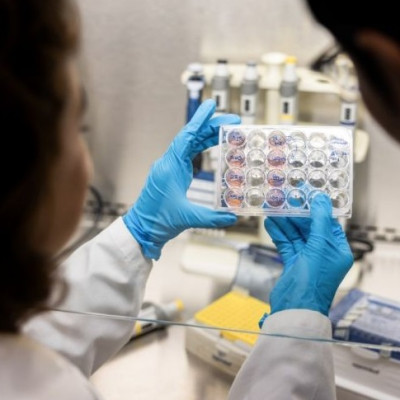With more than 17 million cases diagnosed every year, cancer is one of the leading causes of death throughout the world. Previous studies have explored several nanoparticles to treat cancer. However, there has been a lot of concerns pertaining to its long-term adverse effects and its toxicity.
Researchers from the University of Georgia reported that sodium chloride nanoparticles could potentially destroy cancer cells in mice models without much side effects. This common electrolyte will dissolve quickly in water and behave similarly to constituent salts. They have demonstrated that NaCl nanoparticles -- but not salts -- are highly toxic to cancer cells. When dissolved inside the cancer cells, these nanoparticles cause osmolarity and rapid cell destruction.
In vivo studies have demonstrated that NaCl nanoparticles not only destroy cancer cells but also provide an anticancer immunity. This paves the way towards nanoparticle-based therapeutics.
Typically, the plasma membrane halts the entry of sodium ions into the cells. But the researchers noticed that the NaCl nanoparticles were able to enter the obstructions posed by the membrane effortlessly. The cells are deceived into believing that the nanoparticles are benign. They employed a Trojan horse technique to tackle the low sodium chloride concentration levels allowed inside the cell membranes.
"This mechanism is actually more toxic to cancer cells than normal cells because cancer cells have relatively high sodium concentrations to start with," Medical Daily quoted the study’s lead author Jin Xie, associate professor of chemistry.
The researchers treated two groups of mice models with sodium chloride. While one of them received NaCl nanoparticles, the other one was the control group that received the same in solution form.
The findings of the study revealed that sodium chloride nanoparticles inhibited cancer growth by 66% compared to the other group. No adverse effects including damages to the organs were noticed in the mice models.
For the first couple of weeks, all the mice that were inoculated with cancer cells killed by sodium chloride nanoparticles were reported to be completely cancer-free. This was followed by a strong immune response to liver cancer cells. After destroying the primary tumors, it resulted in lowering tumor growth by 53%.
Read the original article on International Business Times.


